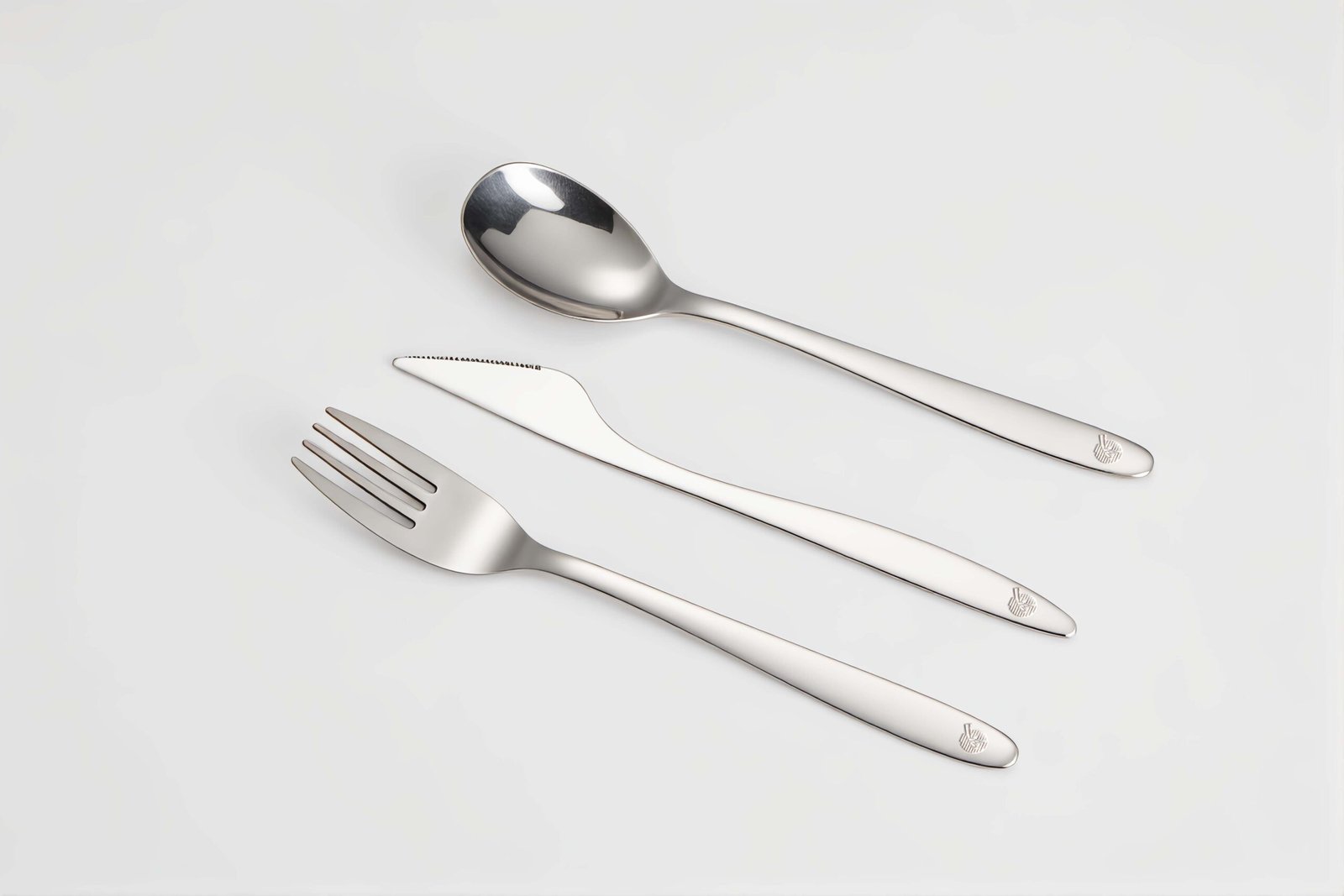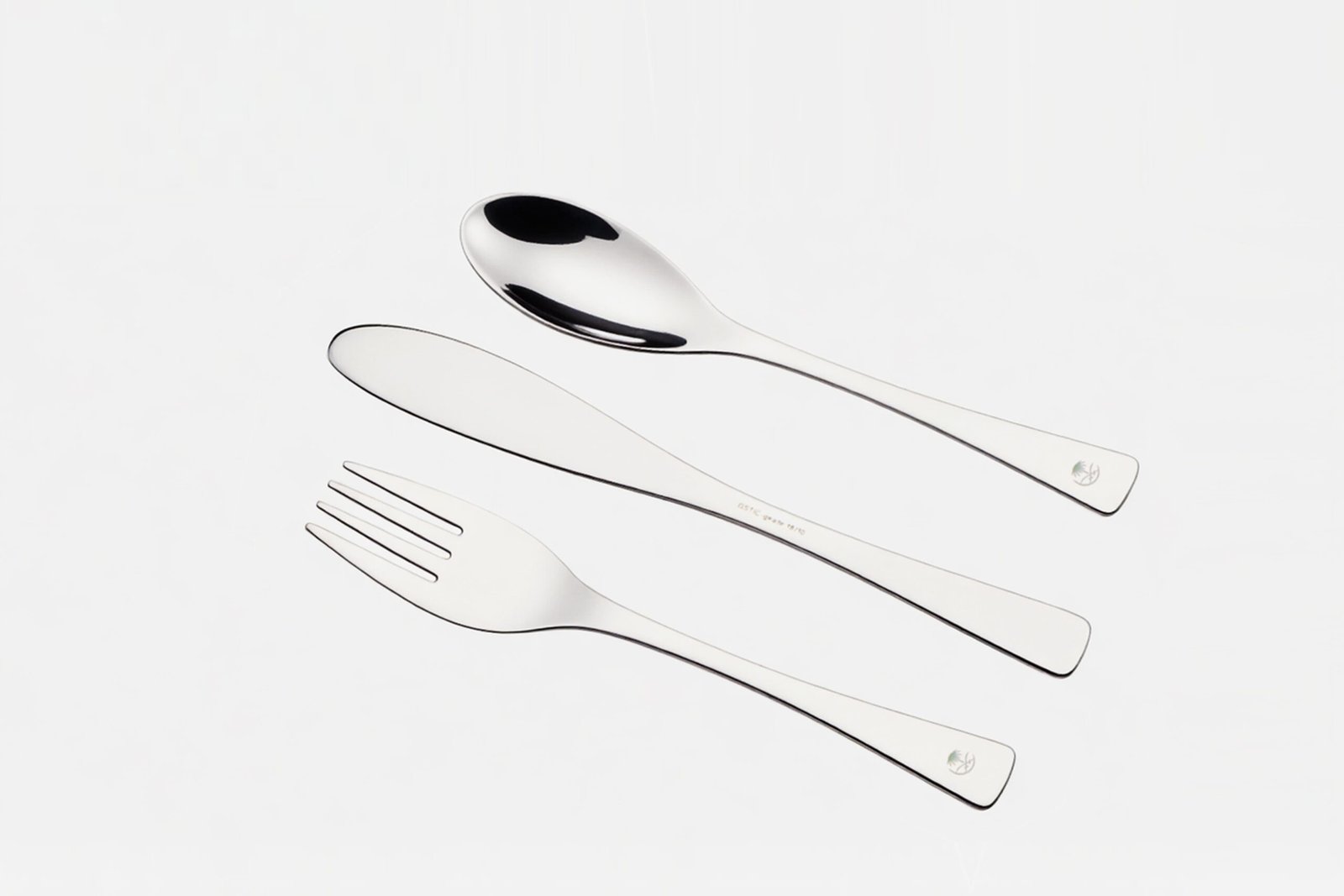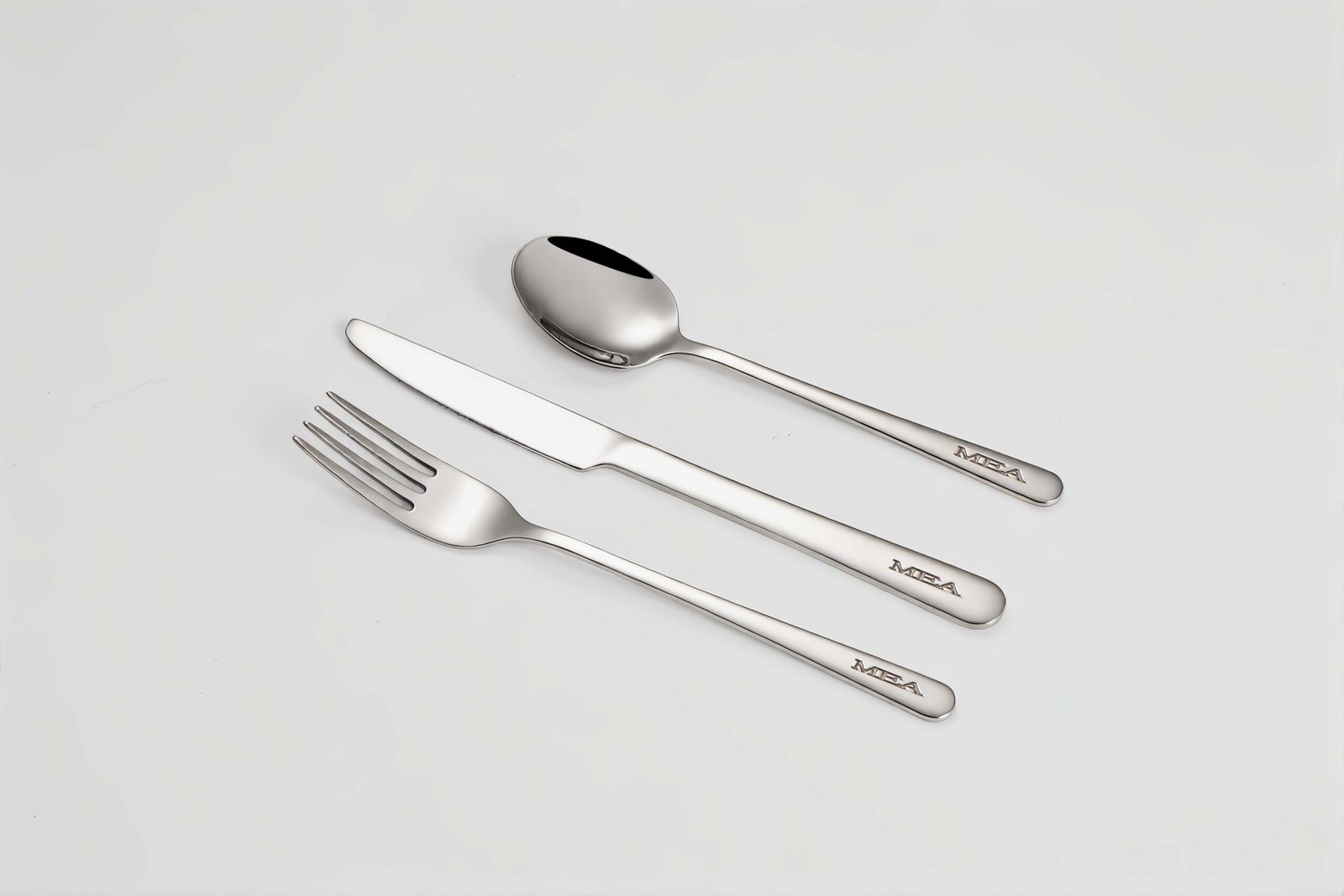Tremors make eating feel like a daily battle, especially when holding regular cutlery. You’re not alone in this struggle.
Weighted utensils are specially designed to reduce the effects of hand tremors and make eating more manageable and less frustrating.
If you or someone you love is dealing with hand tremors, I know how overwhelming the options can be. Let’s explore what really works—and what doesn’t—based on experience, research, and real user feedback.
Do weighted utensils help with tremors?
Tremors can shake your confidence at the dinner table, not just your hands. Losing control while eating is emotionally draining.
Yes, weighted utensils help stabilize hand movements caused by tremors, making it easier and less messy to eat.
Weighted utensils are heavier than normal cutlery. That extra weight resists shaking. When your hand tries to move involuntarily, the mass of the utensil absorbs some of the motion, so the utensil stays steadier.

Let's look at the benefits and limitations:
| Feature | Benefit | Limitation |
|---|---|---|
| Increased weight | Helps resist small tremor motions | May be too heavy for users with weak grip |
| Ergonomic handles | Easier to grip, reduces effort to hold | Not always suitable for all hand shapes |
| Stainless steel material | Easy to clean, looks like normal cutlery | Can still be too bulky for some users |
| Simple design | Familiar appearance, encourages independence | Might not fully eliminate tremors for severe cases |
I’ve spoken to clients in Europe and Asia who shared how much weighted utensils changed mealtimes for their elderly parents. In mild to moderate tremors, these tools often provide noticeable improvement.
But they’re not magic.
If someone has advanced essential tremor or Parkinson’s disease, even weighted tools may not be enough. That’s where we look at combined solutions—cutlery with adaptive handles, arm support, or even smart utensils with gyroscopic stabilization.
At Brilliant, we manufacture several weighted utensil designs. They blend ergonomic comfort, attractive appearance, and just the right weight balance. I always tell clients—function comes first, but aesthetics matter too. Nobody wants to feel like they’re using a medical tool at the table.
Do hand weights help with tremors?
The idea of using weights to fight tremors sounds strange at first—but it’s gaining attention in therapy circles.
Yes, wearing hand weights can help reduce mild tremors by providing resistance that stabilizes involuntary movement.
When and how do hand weights work?
Let’s clarify: hand weights, like wrist cuffs or weighted gloves, apply gentle downward pressure. That mass counteracts the light tremors often caused by essential tremor or early Parkinson’s.
Pros and cons at a glance:
| Method | Strengths | Weaknesses |
|---|---|---|
| Weighted gloves | Constant pressure, easy to wear | Can interfere with fine motor tasks |
| Wrist cuffs | Adjustable, discreet under sleeves | May restrict blood flow if worn too tight |
| Weighted utensils only | Useful just during meals | No benefit for writing, grooming, etc. |
| Physical therapy combo | Builds control over time | Requires consistency, results vary |
Some therapists recommend wearing light wrist weights (0.5 to 1 kg) during tasks like eating or writing. These slow down the unwanted movements.
But one warning—too much weight can backfire. If the muscles are strained, tremors might actually worsen. So it’s critical to start light and monitor carefully.
From the supplier side, I’ve noticed a growing demand for customizable utensils with built-in adjustable weights. At Brilliant, we’re experimenting with modular cutlery designs that allow users to insert or remove weighted cores based on their daily condition.
So, do hand weights help? In the right context—yes. But always consult a doctor or therapist to avoid injury or frustration.

What cutlery is best for tremors?
Not all “adaptive” cutlery is equal. Many products on the market look helpful but fall short in real use.
The best cutlery for tremors is weighted, ergonomically shaped, and balanced for steady grip and easy control.
What features make cutlery tremor-friendly?
Let’s break down what works and what doesn’t. Based on years of feedback from clients dealing with tremors, here’s what I’ve learned:
Key Factors in Tremor-Friendly Cutlery:
| Feature | Why It Matters | Brilliant’s Solution |
|---|---|---|
| Weight (200–250g) | Reduces tremor amplitude | Balanced stainless steel handles with optional inserts |
| Ergonomic grip | Prevents slipping, fits natural hand posture | Non-slip silicone padding available |
| Balanced length | Shorter handles offer better leverage | We offer 3 lengths for small, medium, large hands |
| Rounded edges | Safer and more comfortable to use | All Brilliant designs follow safety rounding standards |
| Dishwasher safe | Simplifies maintenance | Our stainless steel sets pass LFGB, FDA hygiene standards |
You might think, “Isn’t any heavy spoon good enough?” No. I’ve tested that theory myself. Some clients even tried tying coins or weights to normal spoons—not safe, not effective, and hard to clean.
At Brilliant, we combine real-world testing with smart material choices. Our design team includes people who’ve worked in hospitals, nursing homes, and with occupational therapists. That insight helps us avoid the most common flaws—like handles too thick for seniors to grip or surfaces that become slippery when wet.
I often recommend starting with a 3-piece weighted set: fork, spoon, and knife. Clients can try them over a week and see if it brings enough stability. If not, we move toward electric or smart alternatives.
What tools are used to help essential tremors?
Tremors go beyond cutlery. People with essential tremor need a full toolkit to get through daily tasks.
Tools that help essential tremors include weighted utensils, adaptive grips, electric stabilizers, and wearable devices.
What’s in the tremor toolkit?
Managing tremors isn’t a one-size-fits-all process. I’ve worked with therapists and caregivers who combine several tools depending on the severity.
Categories of Tools:
| Tool Type | Example Product | Primary Benefit |
|---|---|---|
| Weighted utensils | Stainless steel adaptive cutlery | Reduces shaking while eating |
| Smart utensils | Gyroscopic spoon (e.g., Liftware) | Auto-adjusts to stabilize hand movement |
| Assistive handles | Silicone grips, foam tubes | Easier to grip pens, toothbrushes, etc. |
| Wrist supports | Compression gloves, cuff weights | Adds pressure to dampen tremors |
| Voice-activated tech | Smart speakers, |
One of the most exciting areas is smart technology. Products like the Liftware Steady spoon use sensors and motors to cancel out tremors. But they are expensive—often $150 or more per item—and not always available globally.
At Brilliant, we aim for balance. We’re developing mid-range solutions that don’t require batteries but still provide extra control. These include “resistance-core” utensils and textured silicone grips. They’re simple but effective.
I always tell clients: Start small, test what works, and build your toolkit from there. It’s not about buying the most expensive item. It’s about what feels right in your hand.

Is there a spoon that counteracts tremors?
A spoon that can “fight back” against tremors? Sounds like science fiction—but it’s real.
Yes, there are spoons designed to counteract tremors using smart stabilization or weighted resistance.
Which spoons really work?
There are two main types: passive weighted spoons and active electronic stabilizers. Both serve different user needs.
Comparing Spoon Types:
| Type | How It Works | Who It’s For |
|---|---|---|
| Weighted stainless spoon | Adds mass to reduce minor tremors | Users with mild essential tremor |
| Gyroscopic smart spoon | Detects motion and uses motors to stabilize | Moderate-to-severe tremor patients |
| Elastic-handled spoon | Adapts to shaky grip with flexible head | People with fluctuating tremor levels |
The smart ones are impressive—think of them as a mini gimbal inside a spoon. I’ve had clients rave about how they could finally enjoy soup again without spilling half of it.
But again, price and maintenance matter. Batteries, cleaning complexity, and device weight can all become drawbacks.
So, my advice? Try a weighted spoon first. It’s cost-effective and simple. At Brilliant, our weighted spoons start at just a few dollars each, with customizable grips and logos. We can even adjust the weight per your needs—200g, 250g, or more.
You can always “upgrade” to a smart spoon later. But starting simple gives you a better sense of what you truly need.






